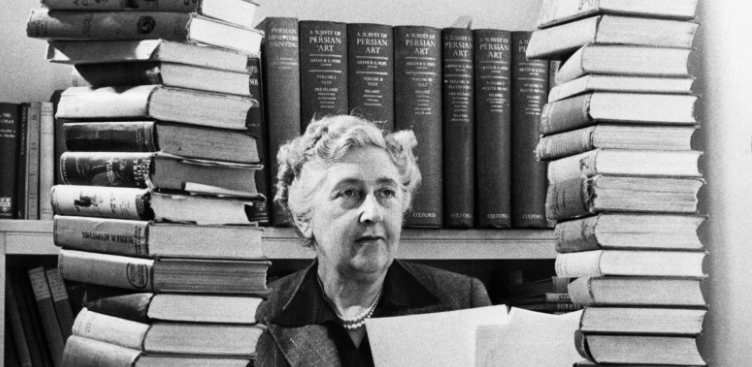
While Penguin Random House announced it will publish unedited versions of Roald Dahl’s classic children’s novels after receiving criticism for changing and censoring passages to make them more suitable for modern readers, HarperCollins has published new editions of Agatha Christie novels, such as the “Poirot” and the “Miss Marple” mysteries, with potentially offensive language removed.
The new editions were reworked by sensitivity readers, who removed language and descriptions that modern readers may find offensive, particularly those related to ethnicity. These changes are evident in the digital versions of the novels.
According to the Telegraph, the changes involved the removal of references to ethnicity such as describing a character as black, Jewish or Gypsy, or a female character’s torso as “of black marble” and a judge’s “Indian temper”, and removed terms such as “Oriental” and the N-word. The word “natives” has also been replaced with the word “local”.
In the 1937 Poirot novel Death on the Nile, in which the character of Mrs Allerton complains that a group of children are pestering her, saying that “they come back and stare, and stare, and their eyes are simply disgusting, and so are their noses, and I don’t believe I really like children”.
This has been stripped down in a new edition to state: “They come back and stare, and stare. And I don’t believe I really like children.”
In the new edition of the 1964 Miss Marple novel “A Caribbean Mystery,” the amateur detective’s musing that a hotel worker smiling at her has “such lovely white teeth” has been removed
Sensitivity readers are a relatively new phenomenon in publishing. They vet both new and old works for potentially offensive language and descriptions, with the aim of promoting diversity in the publishing industry. Though this is the first time that Christie’s novels have been altered, her 1939 novel “And Then There Were None” was previously published under a different title that included a racist term, which was last used in 1977.








































